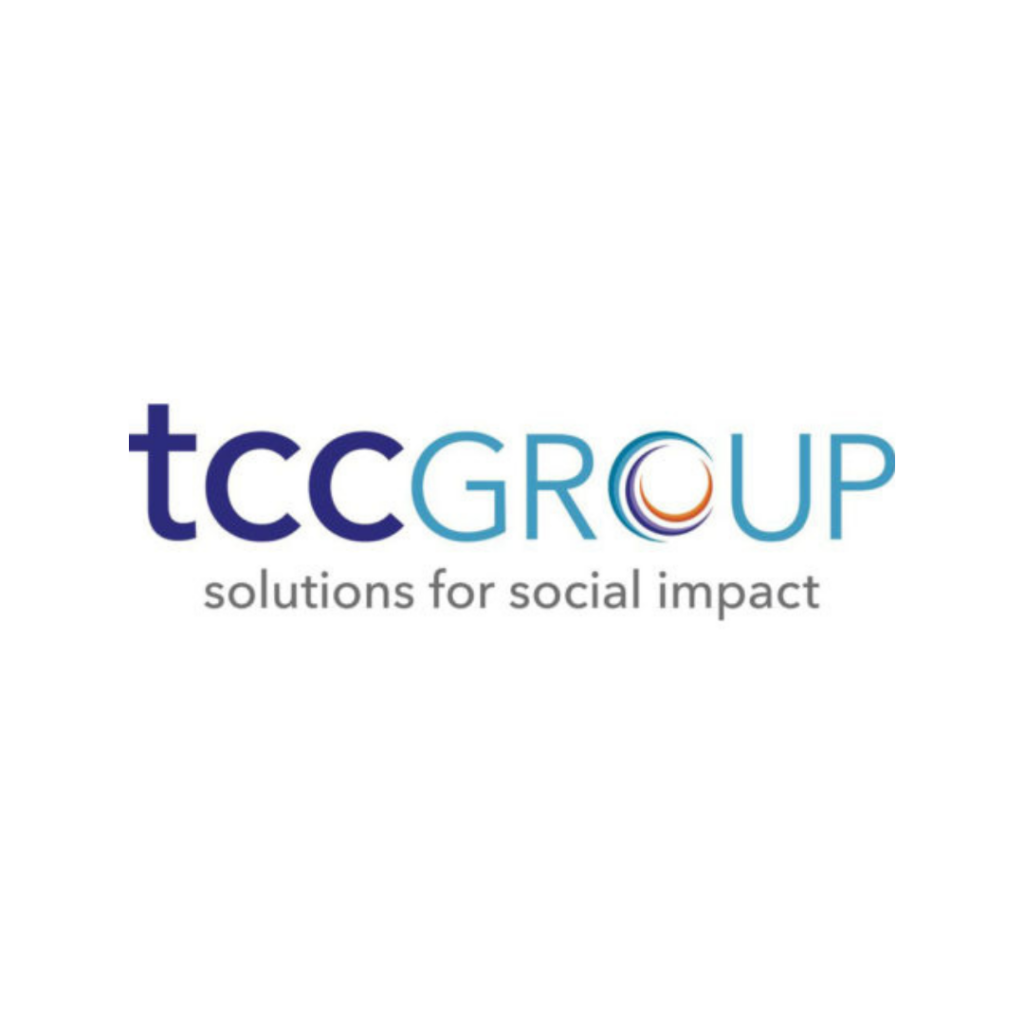The unpredictability of the future and overt inequities unmasked during the past two years are only the most recent impetus for TCC Group to articulate how we see the concept of “readiness” evolving in ways that can generate new solutions and ensure equitable outcomes. To help advance this transition from static notions of preparedness to a dynamic process for getting to our goals, we have identified four interlocking principles of a reimagined readiness: readiness is malleable, readiness should be explicit and jointly determined, readiness accounts for history and values and readiness is context specific.
An earlier blog post explored the first two of these concepts. In this piece, we discuss practices for preparing to move forward by embracing looking back, around, and inward.
Readiness accounts for history and values
For years, our society has placed an emphasis on “starting with a blank slate” and “thinking outside the box.” Foundations often place these expectations on grantees, while also asking for examples of how past successes will demonstrate future performance. But history and values in a readiness relationship runs both ways. Readiness means acknowledging these constraints within your institution and in its field-facing role. Funders can practice this by:
- Exploring, understanding and owning the reality of how our institutions function and are perceived.
All organizations have history and values that will influence what they can accomplish. A challenge often occurs when ambitious philanthropic agendas – untethered to their own organizational history and values – come up against the reality of past precedents, differing priorities and existing relationships. A foundation with new leadership seeking to establish itself as a community convener could leverage fresh thinking and resources. However, if an organization’s history has been to “go it alone,” there could be powerful resistance from the constituencies it hopes to engage. Reckoning with organizational history and values requires being cognizant of how past actions and values must be accounted for in current plans.
- Embracing continuous internal education and learning
We worked with Healthcare Georgia Foundation to determine how their own choices were contributing to the results they got and the impact they were able to achieve. In looking at their assumptions about which nonprofits had high capacity, they appreciated that they weren’t starting from a level playing field, i.e., baggage from historical barriers they had inadvertently placed in the way of true inclusion and equity existed. Andrea Kellum, Senior Program Officer noted, “We needed to be open and honest about where we are, we’re at the beginning of our own equity journey.” They realized they needed to re-examine the grant application process, their reporting requirements and that more time and resources needed to be invested in building trust with their grantees and other funders.
Readiness reimagined is context specific
Just as realtors are known for emphasizing “location, location, location,” the social sector should be known for an emphasis on “context, context, context.” Too often well-intentioned agendas are developed without input from the communities to be served, relevant social sector and government leaders and other constituencies that will ultimately help to determine whether initiatives succeed. Funders can ensure that they are hearing all stakeholder voices by:
- Understanding how the context in which our work will take place could strengthen or diminish its impact.
Adopting a development-focused programmatic agenda could advance economic equity in a local area. However, plans drawn up without local input may inadvertently weaken economic development organizations and initiatives already serving historically disadvantaged communities. Contexts are dynamic, so funders must seek out an array of perspectives before, during and after having launched new initiatives.
- Committing to continual, respectful engagement.
There are many worthy causes. For them to make lasting change, there must be multiple contextual forces working in their favor. For example, launching a campaign to increase parents’ understanding of nutrition could improve the lifelong health of their children and themselves. Yet, a lack of community access to fresh fruits, vegetables and other healthy foods may make the learning irrelevant. Having robust, ongoing communication with key individuals and institutions can help funders gauge whether and how to proceed with new ideas and agendas.
Getting ready for reimagined readiness
The social sector embodies the adage “our work is never done.” So does the concept of readiness. For too long, readiness was considered a clearly defined endpoint. The past few years have provided a renewed understanding that our world can change in a moment. Being ready to face that change means we are continually listening, learning, questioning, and adapting. Readiness to do that will prepare us for whatever comes next.
We look forward to leading this conversation and invite you to join us to explore together. Sign up here to receive information about our upcoming events.



